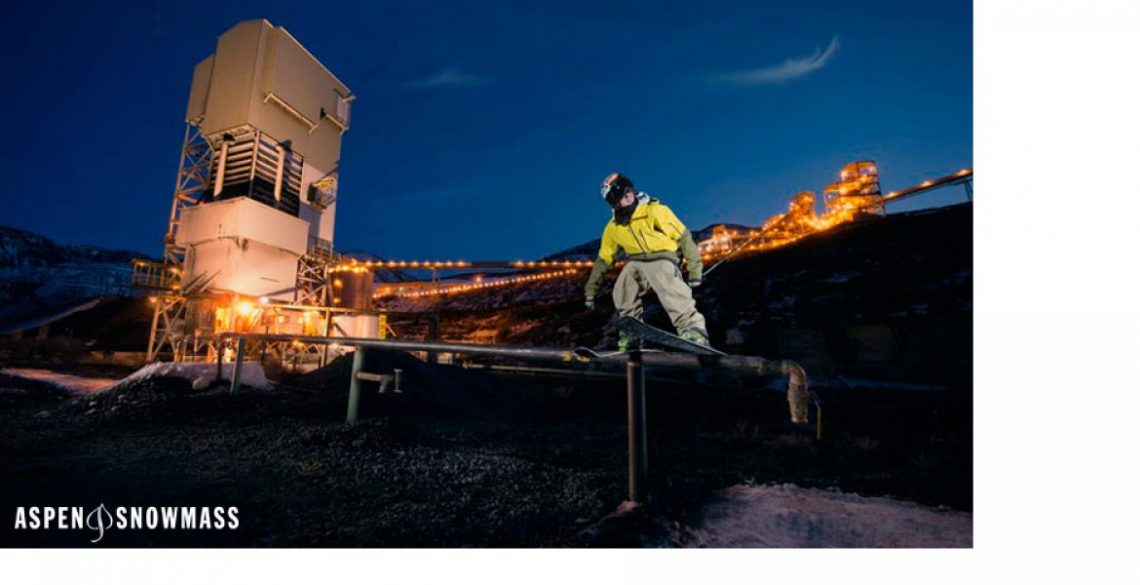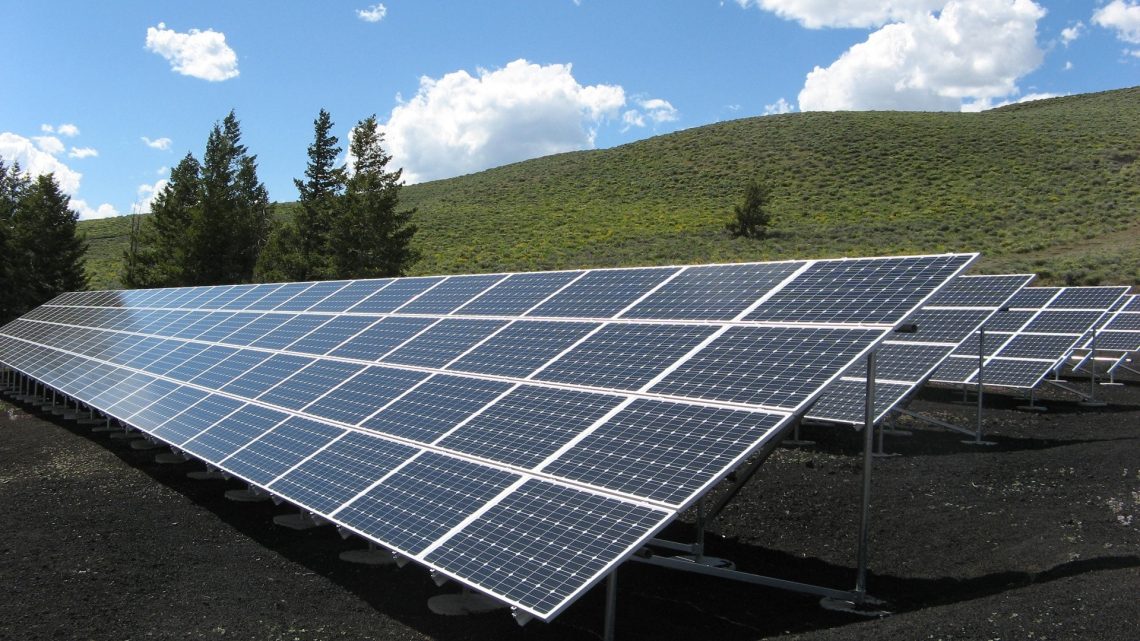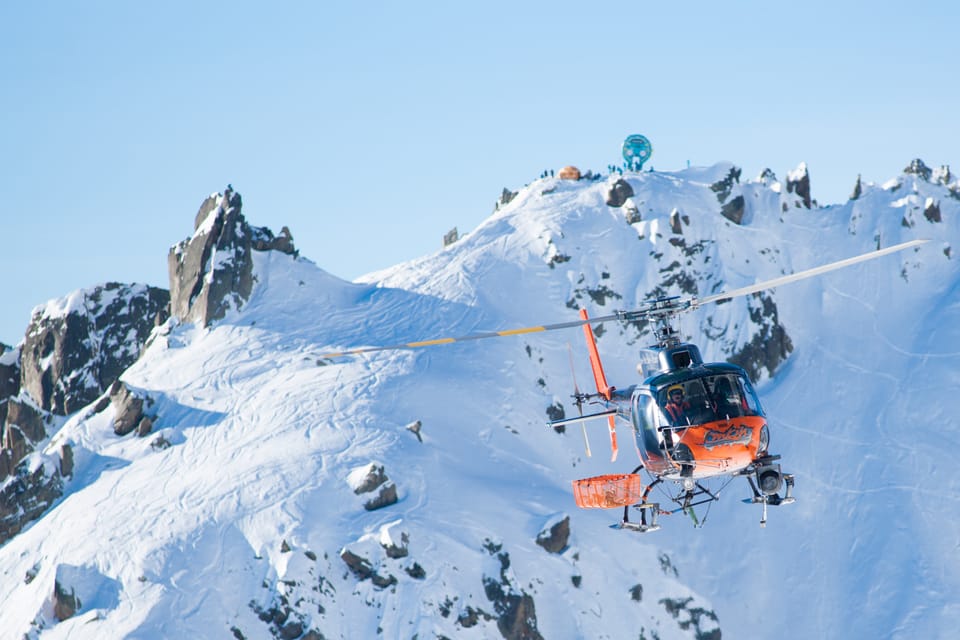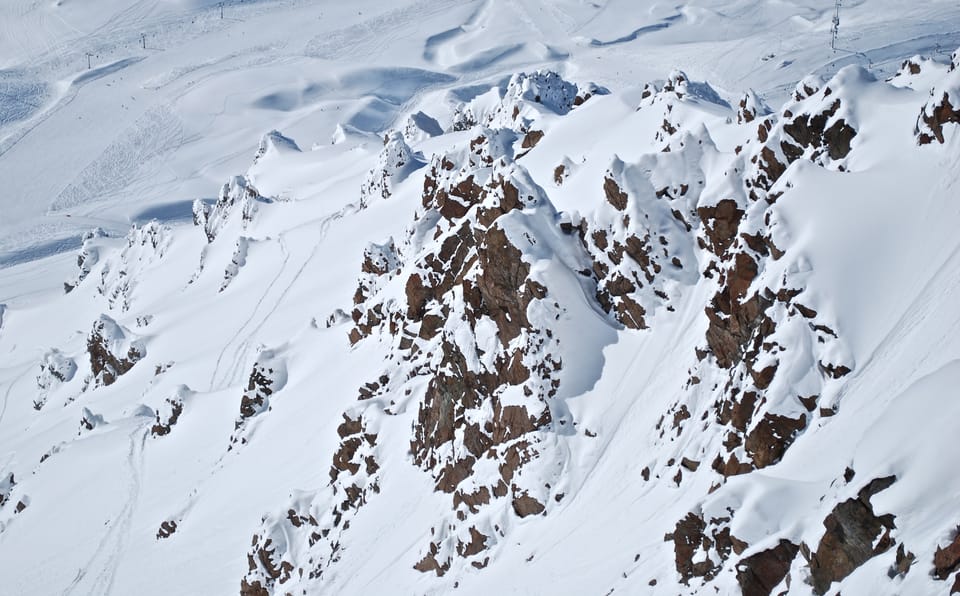More Western North American Ski Areas To Go Fully Renewable Energy Powered

More ski resorts in Western North America are moving to be 100% green energy powered with solar the next big target.
Some resorts like Whistler Blackcomb – which runs its own on-site hydro-electric system – and Aspen Snowmass – which has invested in a company that captures waste methane vented from a nearby coal mine to generate carbon negative electricity and produces as much energy from that process as the ski centre uses annually AND at the same time also destroys methane, eliminating three times the carbon pollution created by the resort each year – are already 100% green energy powered by some measures, but others are looking to join them.

Another of the region’s big ski areas, Squaw Valley in California, has announced it is aiming to be using 100 percent renewable energy as soon as the end of this year.
Squaw is working with power company Liberty Utilities who are aiming to deliver 100% renewable power to them as soon as possible, using an existing 50-megawatt solar energy plant in Nevada and a second under construction in Reno, as well as with Tesla, who are to supply batteries where solar energy can be stored for night-time use at the resort.
Squaw’s move follows that of Wolf Creek Ski Area in Colorado which is now more-or-less 100% solar powered thanks to a partnership with the nearby Penitente Solar Project which started operating last November at a location just 50 miles from Wolf Creek. That location was described as one of the premier sites for photovoltaic in the country,” by America’s National Renewable Energy Laboratory in 2005.

Wolf Creek believes it is the first ski resort in the country (and possibly the world) to be fully solar powered, although, to be fully accurate, they reckon its 95% solar as the sun doesn’t shine at night and they don’t have a way to store the solar energy. Instead they buy in green power credits for wind power for their small night-time needs.




